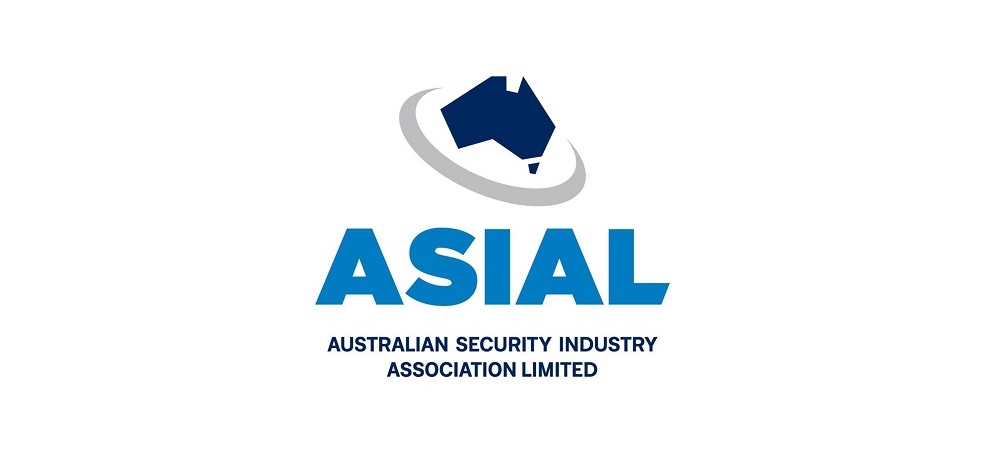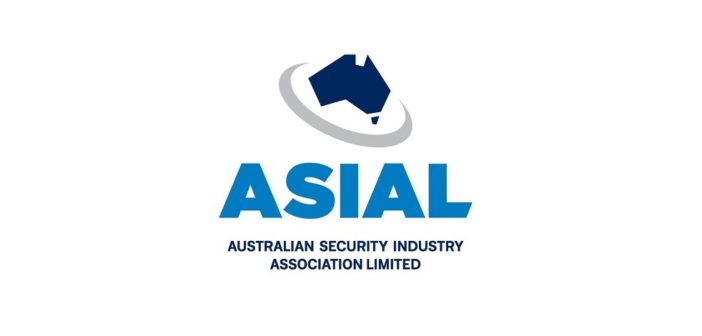
In a release late Friday, November 6, the Australian Security Industry Association Limited (ASIAL) welcomed the findings of the COVID-19 Hotel Quarantine Inquiry Interim Report and Recommendations.
“The Report confirms the failure of many participants in the program and identifies the need for such a program to be a Health response under the control of one Government Department and one Minister.
ASIAL supports the Interim Report’s recommendations for a more robust governance and audit structure, clearer lines of command, control and coordination, the need for an appropriate mix of dedicated personnel on site, clearer roles and responsibilities, and a stronger workplace culture focused on infection prevention and control.
As the Interim Report states “The evidence to the Inquiry makes it clear, in order to meet the health objectives of a quarantine facility a suitable mix of personnel must be engaged on-site”. This includes suitably trained licensed security personnel working with other critical personnel.
ASIAL CEO Mr Bryan de Caires stated that private security has been successfully engaged in Hotel Quarantine programs in Western Australia, South Australia and New South Wales.
The New South Wales’ Operation Coronavirus Hotel Quarantine program has seen over 80,000 returned travellers processed since March, when you get the “facility mix” right the outcomes are world-class. Each day over the last 7 months, as part of a team of police, defence and health personnel, thousands of private security personnel have played a crucial frontline role in preventing the spread of the COVID-19 virus through their role in the NSW Hotel Quarantine program.
With the Report identifying the Alfred Model as providing a good foundation as a facility-based quarantine model, ASIAL supports the continued use of private security within that model.
Whilst we recognise that the Interim Report provides a pathway for the Victorian government to consider reintroduction of a Victorian based international returned traveller quarantine program, ASIAL looks forward to the Final Report that will further address:
- decisions and actions of government agencies, hotel operators and private contractors
- communication between government agencies, hotel operators and private contractors
- contractual arrangements
- information, guidance, training and equipment provided to personnel in hotels
- policies, protocols and procedures
Whilst welcoming the Interim Report’s broad recommendations, as the peak representative body for the Australian Security Industry, ASIAL was disappointed that there were no recommendations calling for much-needed reforms to upgrade government regulation of this crucial frontline service.
Earlier this year, in its submission to the review of the Private Security Act, ASIAL sought action by the Victorian Government on:
- Addressing the issue of sham contracting and the exploitation of individual ABN holders
- Improving the quality of training delivered to new entrants to the security industry
- Improving regulatory enforcement
- Introducing nationally uniform and consistent security licensing eligibility requirements
- Greater transparency and efficacy in security procurement processes on the part of Government
“Whilst broadly welcoming the findings of Justice Coates’ Interim report, the recommendations fail to support ASIAL’s call for long overdue upgrades to the way our important industry is regulated and supervised,” said Mr de Caires. “Security Officers are the largest cohort of Australia’s frontline services that also includes Police, Fire, Ambulance, the SES and the ADF.
“It must be acknowledged that Security Officers and the Security Industry as a whole turns up every day, often putting themselves at risk, to keep people and property safe and in larger numbers than other frontline services,” he said.
Mr de Caires said that whilst the failures at two of Melbourne’s quarantine hotels may have been isolated cases, the consequences were severe. “That should be enough for the Governments of Australia to recognise how important this industry is in the entire security landscape, but the Coates Interim Report fails to acknowledge this”.
Mr de Caires said that Victoria is one of a number of states where regulation and supervision of the security industry is in need of reform. “Our industry has been urging all the governments of Australia for many years to work as a team and introduce robust uniform regulatory standards for the entire country, so that we do not experience anomalies such as we have seen in Victoria”.
At present, all states and territories license, regulate and supervise the security industry variously and to varying standards. As a result, the industry must comply with eight regulatory frameworks, not one. ASIAL has long called for change to create a level playing field across the nation where the industry can operate to the same high standards of government regulation.
In September, ASIAL wrote to all the state and territory governments, the Prime Minister and the Minister for Home Affairs, repeating calls for all the governments in Australia to address this issue decisively.
“It is no longer acceptable that states and territories pursue narrow self-interest,” said Mr de Caires. “The health and safety of Australians is too important to allow this hotch-potch of local standards. The most important lesson from the Victorian COVID experience for private security is that the current system is flawed with serious consequences.
“The time has come for governments across Australia to provide the industry with a world-class regulatory environment that can be applied across the entire industry and across the entire country”.






